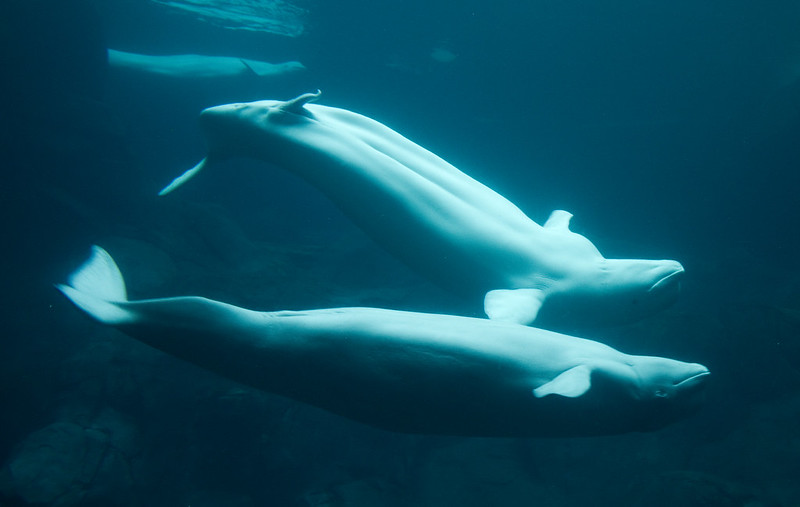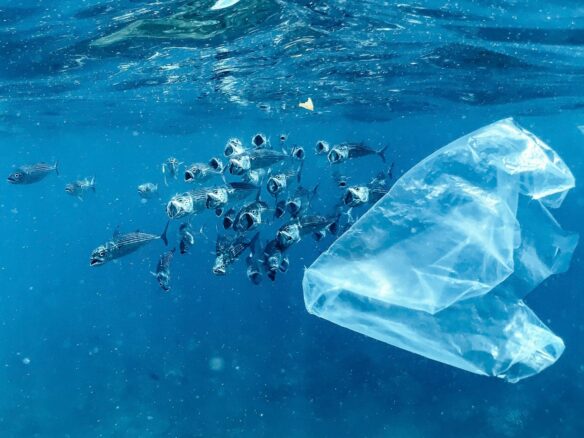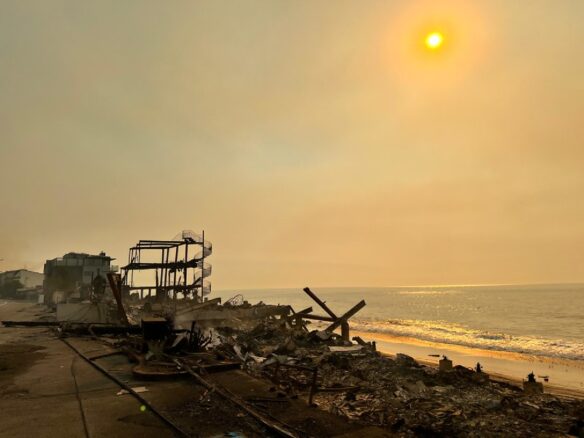Excerpt:
Belugas pass cultural knowledge across generations. Their survival may depend on how they collectively adapt.
In the 1980s, Kotzebue Sound’s beluga population began to dwindle, from thousands to hundreds, and then to the dozens or fewer that visit the region now. Kotzebue is not alone. Although some stocks are healthy, beluga numbers have fallen off in around a half-dozen regions over the last 50 years. Decades ago, hunting, commercial whaling, and other influences pushed the whales toward the brink. Now, even after hunting has ceased in some places, stresses such as climate change, increased ship traffic, and chemical pollutants are a gathering storm that threatens to finish the job.
But some scientists think that understanding the way the whales respond to these stresses could end up being as important as understanding the stresses themselves. Belugas, like chimpanzees, birds, humans, and many other animals, create cultures by passing knowledge and customs from one generation to the next. With climate change and other human activities reshaping the world at an alarming rate, belugas will likely have to rely on innovative cultural practices to adapt — genetic adaptation is simply too slow to keep up.
Cultural practices can become rote, however, and just like humans, other animals can hold onto traditions long after they’ve stopped making sense. One key question, according to Greg O’Corry-Crowe, a behavioral ecologist at Florida Atlantic University, is: Will culture carry the whales through?









